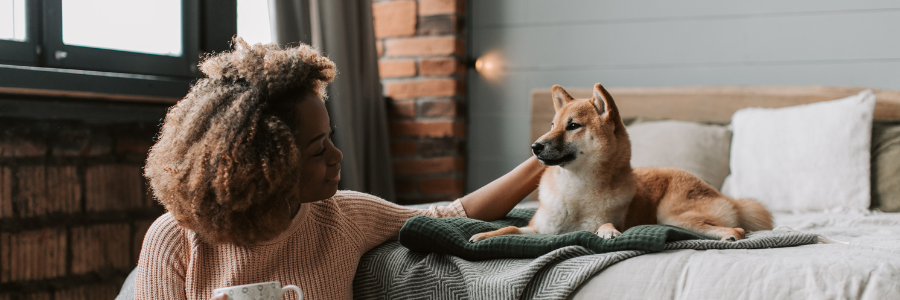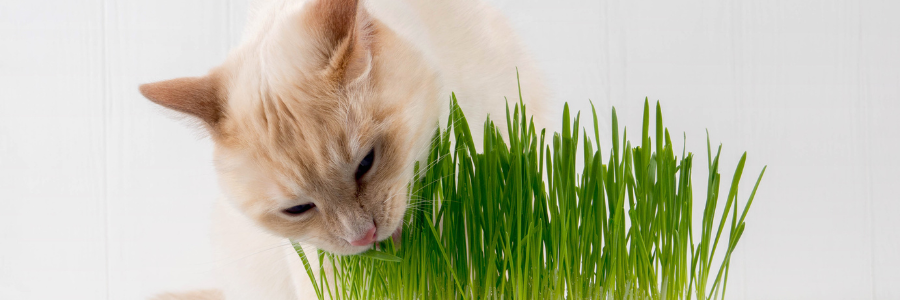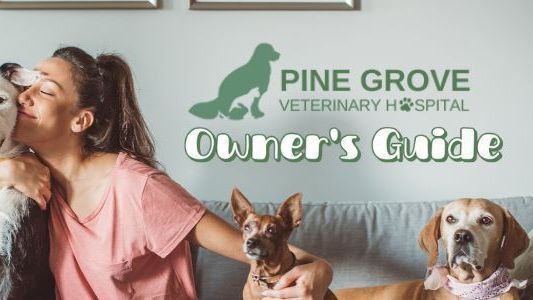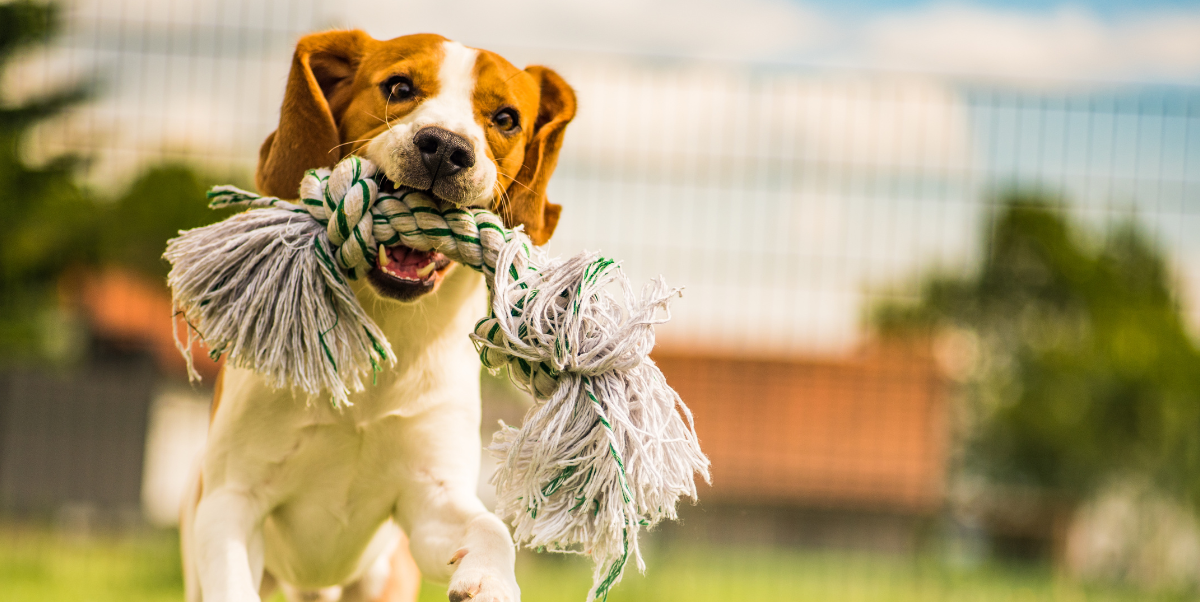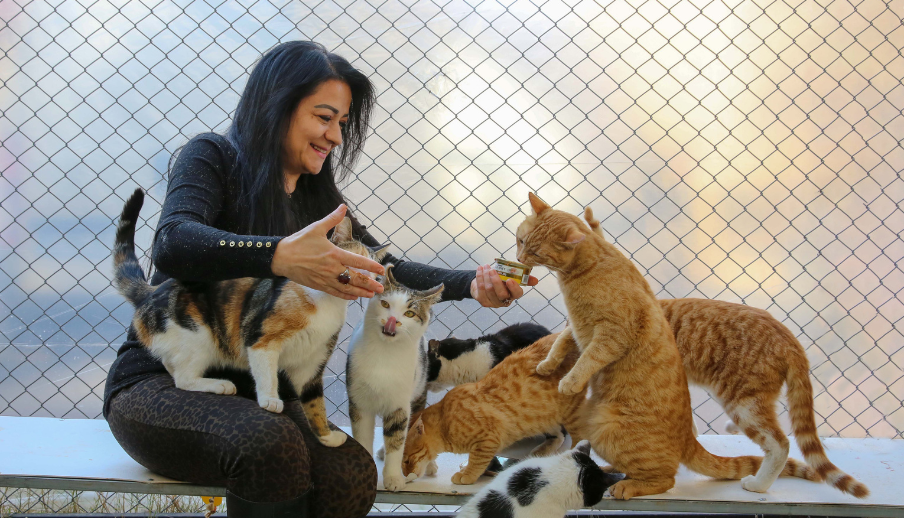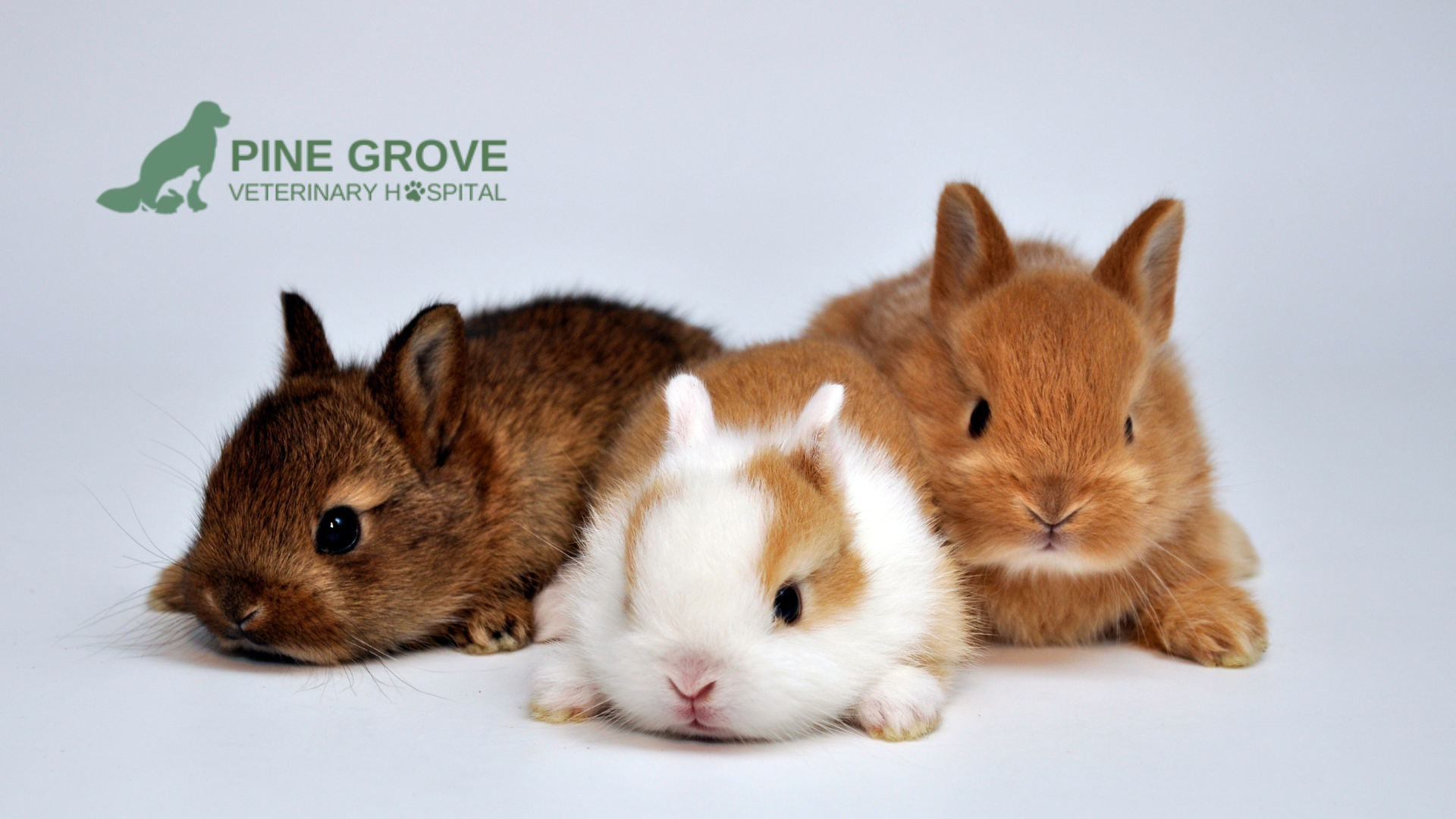Cat Drooling: When It's Normal and When It's Not

Why is my Cat Drooling?
Understanding Cat Drooling
The Basics of Feline Salivation
Salivation is a normal physiological process in cats, essential for maintaining oral health and aiding in digestion. Cats produce saliva through salivary glands, which serve several functions, including lubricating food, protecting the mouth's mucous membranes, and initiating the breakdown of starches.
- Lubrication: Saliva moistens food, making it easier to swallow.
- Protection: It helps to protect the mouth's lining and teeth from irritants and decay.
- Digestion: Enzymes in saliva begin the digestive process.
While drooling is often associated with issues in cats, it's important to remember that mild, infrequent drooling can be perfectly normal, especially when your cat is relaxed or has encountered a particularly appetizing scent or flavor.
Common Reasons for Drooling in Cats
Cats may drool for a variety of reasons that are typically benign, but sometimes they can signal underlying health issues. Understanding the context and frequency of your cat's drooling is crucial in determining whether it's a cause for concern.
- Happiness or Contentment: Just like humans, cats can drool when they're feeling particularly relaxed or happy, often during petting or cuddling sessions.
- Nausea or Anticipation: Drooling can occur in response to the smell of food, or if the cat is feeling nauseous.
- Dental Issues: Oral diseases, such as gingivitis or periodontal disease, can cause drooling. It's important to monitor for other signs of dental problems.
- Medications: Certain medications may induce drooling as a side effect.
It's essential to observe if the drooling is accompanied by other symptoms, such as bad breath, loss of appetite, or changes in behavior, which could indicate a more serious condition.
Distinguishing Between Normal and Abnormal Drooling
Understanding when your cat's drooling is a sign of contentment or a signal of distress is crucial for their well-being. Normal drooling is often sporadic and occurs in situations where your cat is relaxed or encountering something pleasurable, like their favorite treat or during a comforting petting session.
However, abnormal drooling can be a symptom of underlying issues and is usually accompanied by other signs of distress or illness. It's important to observe your cat's overall behavior and physical condition to determine the cause of excessive salivation.
Consistent or heavy drooling, especially if paired with changes in behavior or eating habits, warrants closer attention and possibly a vet visit.
Here's a quick reference list to help you distinguish between the two:
- Normal Drooling: Occasional, linked to pleasure or relaxation.
- Abnormal Drooling: Persistent, may include bad breath, pawing at the mouth, or reduced appetite.
- Action: Monitor and consult a vet if abnormal signs persist.
Normal Drooling Scenarios
During Relaxation and Petting
Many cat owners notice that their feline friends may start to drool when they are in a particularly relaxed state or while being petted. This is generally a sign of contentment and can be compared to a person's sigh of relief. When your cat is purring and kneading, a little drool is not uncommon and is typically no cause for alarm.
- Purring: A sign of happiness and relaxation.
- Kneading: Often accompanied by drooling, indicates comfort.
- Closed or half-closed eyes: Suggests your cat is in a state of trust and pleasure.
It's important to observe the context in which your cat drools. If it occurs exclusively during these serene moments, it's likely just a natural response to feeling safe and loved. However, if drooling is persistent or accompanied by other symptoms, it may warrant further investigation.
Response to Tasty Food or Medication
Cats may drool in anticipation of or while enjoying a particularly appetizing meal. This is a natural reflex, similar to how humans might salivate when thinking about a favorite food. The presence of drool in these instances is typically a sign of a healthy appetite and pleasure.
Certain medications can also induce drooling as a side effect. This is often temporary and should subside once the medication has been fully ingested or its effects wear off. Below is a list of common medications that may cause drooling in cats:
- Anti-inflammatory drugs
- Deworming treatments
- Sedatives
- Bitter-tasting medications
It's important to monitor your cat's reaction to new medications and consult your vet if drooling persists or is accompanied by other symptoms.
Teething in Kittens
Just like human babies, kittens go through a teething phase that can cause them to drool. This is a normal part of their development as they lose their baby teeth and their adult teeth come in. Kittens typically begin teething at around 2 to 4 weeks of age, and the process can continue until they are about 6 months old.
During this time, you may notice your kitten drooling more than usual or chewing on objects to relieve the discomfort. To help your kitten through this phase, consider providing teething toys that are safe and designed for kittens.
It's important to monitor your kitten's teething process to ensure that teeth are coming in correctly and there are no complications.
If you observe excessive drooling or if your kitten seems to be in pain, consult your veterinarian. They can provide guidance and, if necessary, treatment to make your kitten's teething experience as comfortable as possible.
Causes of Concern in Cat Drooling
Dental Disease and Oral Pain
One of the most common reasons for a cat to drool excessively is due to dental disease or oral pain. Periodontal disease, which affects the gums and structures supporting the teeth, can lead to significant discomfort and drooling. Other dental issues such as cavities, gingivitis, or tooth resorption can also cause a cat to drool.
Symptoms of dental disease in cats may include bad breath, difficulty eating, and visible tartar on the teeth. If you notice any of these signs, it's important to consult your veterinarian. They can provide a proper diagnosis and treatment plan to alleviate your cat's discomfort.
Early detection and treatment of dental issues are crucial in preventing more serious health problems and ensuring your cat's well-being.
- Bad breath
- Drooling
- Loss of appetite
- Pawing at the mouth
- Visible tartar or tooth discoloration
These symptoms should not be ignored as they can indicate a more serious underlying condition that may require immediate attention.
Signs of Illness or Poisoning
Drooling can be a telltale sign that your cat is experiencing more than just a minor nuisance. When drooling is accompanied by other symptoms, it may indicate illness or poisoning, which requires immediate veterinary attention. Cats are curious by nature, and they may ingest toxic substances that lead to excessive salivation.
Symptoms to watch for include:
- Vomiting or diarrhea
- Lethargy or weakness
- Changes in drinking or eating habits
- Difficulty breathing
- Sudden changes in behavior
If your cat exhibits any of these symptoms along with drooling, it's crucial to seek veterinary care as soon as possible. Early detection and treatment can be lifesaving.
Remember, not all drooling is a sign of distress, but it's better to err on the side of caution. Keeping potential toxins out of reach and monitoring your cat's behavior are key to ensuring their well-being.
Foreign Objects and Trauma
Cats are curious creatures, and their exploration can sometimes lead to injuries or the ingestion of foreign objects. Trauma to the mouth or the presence of an object lodged in the gums or throat can cause excessive drooling. It's crucial to be aware of the signs that may indicate your cat has encountered such an issue.
- Sudden onset of drooling
- Pawing at the mouth or face
- Difficulty eating or refusing food
- Visible distress or pain
- Unusual mouth odor or bleeding
If you notice any of these symptoms, it's important to act quickly. Gently open your cat's mouth to look for any visible foreign objects, but be cautious as cats in pain may bite. If you cannot easily remove the object or if your cat continues to show signs of distress, seek veterinary assistance immediately.
Diagnosing Excessive Drooling
When to Visit the Vet
Identifying the right time to seek professional help for your cat's drooling can be crucial. If your cat's drooling is accompanied by other concerning symptoms, such as a lack of appetite, vomiting, or lethargy, it's time to visit the vet. Immediate attention is especially important if the drooling is sudden and profuse, as it could indicate a serious underlying condition.
It's better to err on the side of caution and consult with a veterinarian if you notice any changes in your cat's drooling patterns or general behavior. Remember, prompt action can make all the difference.
If you're unsure whether your cat's symptoms warrant a vet visit, consider the following points:
- Is the drooling persistent or intermittent?
- Are there any changes in eating or drinking habits?
- Does your cat show signs of discomfort or pain?
- Have you noticed any foreign objects in your cat's mouth?
In case of an emergency, having the contact information for an emergency vet orillia at hand can provide peace of mind and allow for quick action.
What to Expect During the Examination
When you bring your cat to the vet for excessive drooling, the examination will be thorough to pinpoint the cause. Your vet will start with a physical examination, checking for any signs of oral discomfort, swelling, or other abnormalities. Expect your cat's mouth to be examined for dental issues, lesions, or foreign objects.
The vet may also perform a series of diagnostic tests to further investigate the symptoms. These tests can include:
- Bloodwork to assess overall health
- Urinalysis to check kidney function
- X-rays or ultrasounds to look for internal issues
If necessary, your vet will utilize a Complete In-House Laboratory to get quick and accurate results. This allows for a faster diagnosis and immediate commencement of treatment if required.
Remember, the goal of the examination is to ensure your cat's health and comfort. Your vet is equipped to handle the situation with care and professionalism, aiming to relieve any discomfort your cat may be experiencing.
Possible Tests and Treatments
Once your vet has conducted a thorough examination, they may suggest a series of tests to pinpoint the cause of your cat's excessive drooling. Bloodwork and urinalysis are common starting points to assess overall health and organ function. Depending on the initial findings, more specific tests like X-rays or an ultrasound may be necessary to look for abnormalities in the mouth or abdomen.
Additional diagnostic tools may include:
- A complete blood count (CBC)
- Biochemical profile
- Feline leukemia virus (FeLV) and feline immunodeficiency virus (FIV) tests
Treatment will vary based on the diagnosis. Dental issues may require cleaning or extractions, while systemic illnesses could need medication or more complex interventions. In cases of poisoning, immediate detoxification is critical. Your vet will provide a tailored treatment plan to ensure the best outcome for your feline friend.
Prevention and Care for Drooling Cats
Maintaining Dental Hygiene
Maintaining proper dental hygiene is crucial for preventing many causes of drooling in cats. Regular dental check-ups and cleanings are essential to ensure your cat's teeth and gums remain healthy. At home, you can support your cat's dental health by following these steps:
- Provide dental-friendly toys and treats that help reduce plaque and tartar build-up.
- Brush your cat's teeth regularly with a vet-approved toothpaste.
- Inspect your cat's mouth periodically for signs of redness, swelling, or bad breath.
Early detection and treatment of dental issues can significantly reduce the risk of severe health problems and excessive drooling. It's important to familiarize your cat with dental care routines from a young age to minimize stress and resistance during teeth cleaning sessions.
Monitoring for Potential Hazards
Keeping your cat safe from potential hazards that can cause excessive drooling is an essential aspect of pet care. Regularly inspect your home and remove any items that could be harmful if chewed or swallowed. This includes houseplants, small objects, and toxic substances.
- Houseplants: Many common houseplants are toxic to cats. Keep these out of reach or avoid them altogether.
- Small Objects: Cats are curious and may play with or ingest small items. Regularly check for and remove these hazards.
- Toxic Substances: Ensure all chemicals and medications are securely stored away from your cat's reach.
By being vigilant and proactive, you can minimize the risk of your cat encountering something that could lead to drooling due to irritation or poisoning. It's also important to be aware of the signs of distress in your cat, such as sudden changes in behavior or appetite, which could indicate they've come into contact with a hazardous substance.
Managing Chronic Conditions
Chronic conditions in cats, such as kidney disease or hyperthyroidism, can sometimes lead to increased drooling. Managing these conditions is crucial to reduce drooling and improve your cat's quality of life. Regular check-ups with the vet and adhering to prescribed treatments are essential.
- Monitor your cat's overall health and behavior for changes.
- Ensure consistent administration of medications.
- Keep a record of symptoms, including any instances of cat coughing or changes in drooling patterns.
It's important to work closely with your veterinarian to adjust treatments as necessary and to keep chronic conditions under control. This proactive approach can help minimize drooling and other symptoms, providing your cat with the best possible care.


